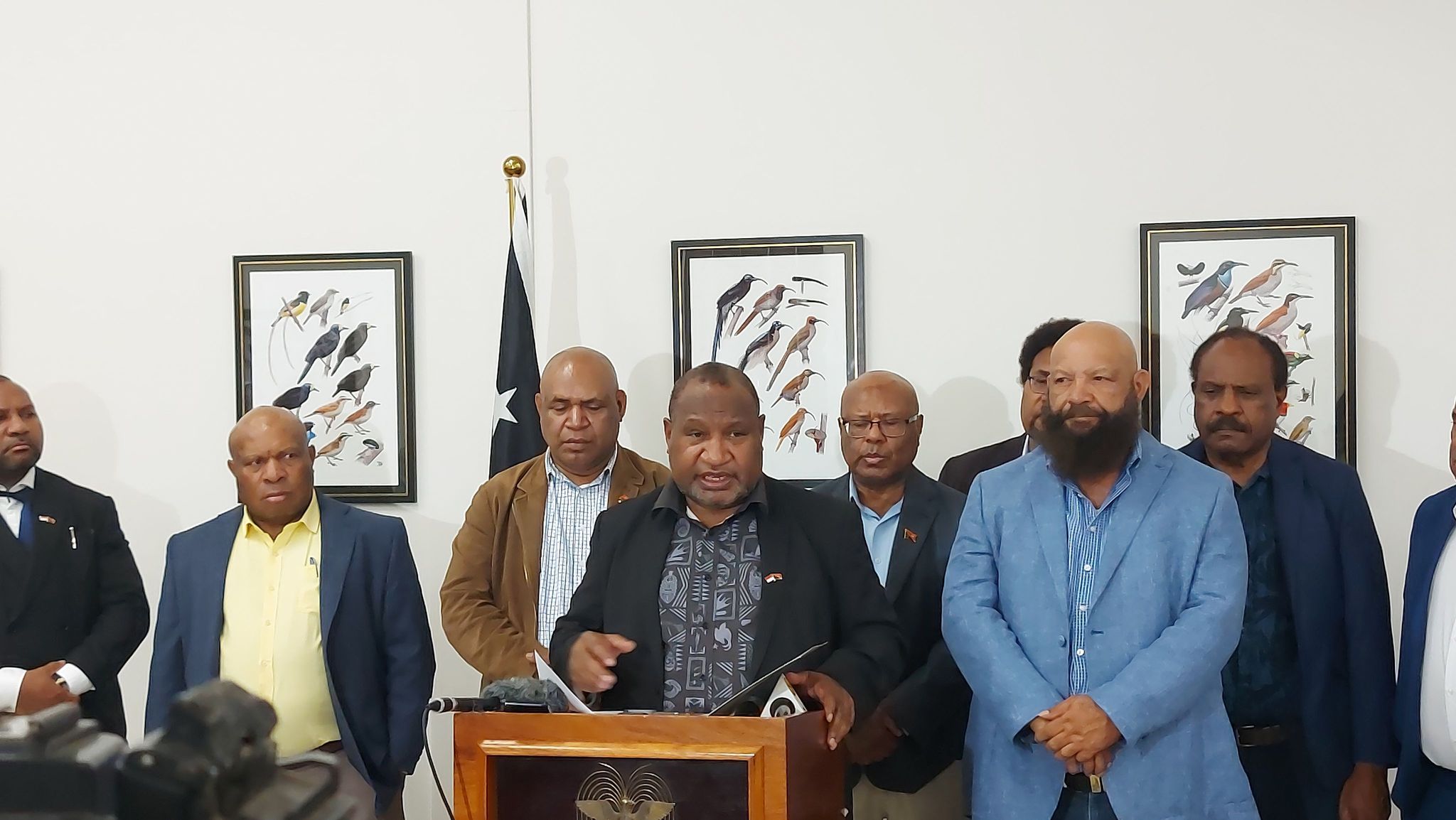NEWS
PM MARAPE REVEALS OUTCOME OF INDONESIA VISIT
![]() By Joshua ARLO |
October 22, 2024
By Joshua ARLO |
October 22, 2024

Related News
LATEST NEWS



